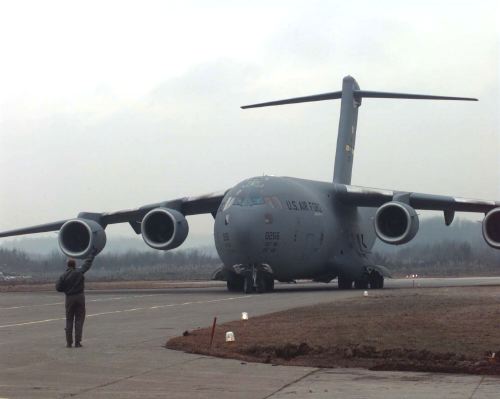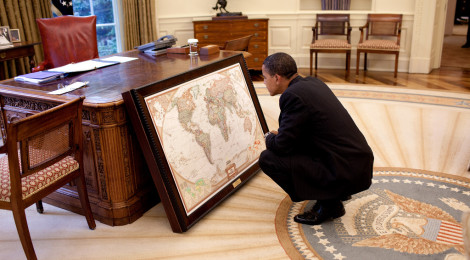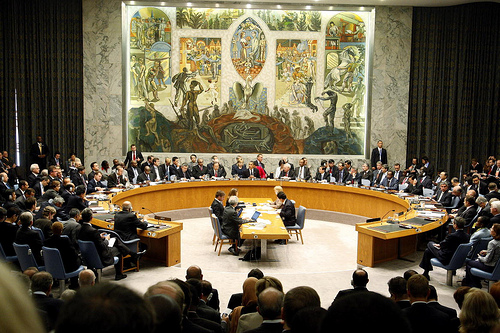 The United Nations-African Union Mission in Darfur (UNAMID) has recently stated its plan to cut 770 civilian jobs, as pressures from the Sudanese government to retract from the region are mounting. The international community perceives this to be a colossal failure to uphold peacekeeping duties in Sudan. A report released by Human Rights Watch in mid-February has accused the Sudanese army of forced rapes of more than 200 women and girls “in an organized attack on the north Darfur town of Tabit in October 2014”. UNAMID’s decision to pull out of Darfur is regarded as nefarious in light of these recent allegations. If the systematic rapes are proved they “would amount to crimes against humanity”, ultimately placing a higher burden on the UN-AU hybrid mission to intervene on behalf of endangered citizens.
The United Nations-African Union Mission in Darfur (UNAMID) has recently stated its plan to cut 770 civilian jobs, as pressures from the Sudanese government to retract from the region are mounting. The international community perceives this to be a colossal failure to uphold peacekeeping duties in Sudan. A report released by Human Rights Watch in mid-February has accused the Sudanese army of forced rapes of more than 200 women and girls “in an organized attack on the north Darfur town of Tabit in October 2014”. UNAMID’s decision to pull out of Darfur is regarded as nefarious in light of these recent allegations. If the systematic rapes are proved they “would amount to crimes against humanity”, ultimately placing a higher burden on the UN-AU hybrid mission to intervene on behalf of endangered citizens.
The UN has been consistently criticized by individuals for failing to publicize and prosecute war crimes, and even aiding and abetting criminals. For example, UN peacekeepers’ commander Lieut. Paulinus Ifeanyi Nnadi, told investigators last year that UN personnel did everything in their power to prevent rebels from abducting Internally Displaced Persons (IDP). The IDPs later alleged that UN personnel in fact did nothing to protect them from being abducted and they were consequently brutally tortured for a period of six days. This story derives from a comprehensive Foreign Policy article spearheaded by Aicha Elbasri, former spokesperson for the UNAMID mission in Darfur. Elbasari was forced to blow the whistle as “systematic mass rape and other instances of violence went unreported, un-investigated and covered up” by the UN as she saw them escalate.
With no international military presence in the region to compel Omar al-Bashir, President of Sudan, and his co-conspirators to stand trial, utilizing the International Criminal Court (ICC) to investigate atrocious crimes may be our last hope. The ICC’s commitment to end impunity that allows sexual and gender-based crimes to persist is a step in the right direction. The report highlights the launch of the Policy on Sexual and Gender-Based Crimes by the Office of the Prosecutor. This report is the first of its kind adopted by an international institution which, “aims to strengthen the Office’s capacity to investigate and prosecute perpetrators of sexual and gender-based crimes falling within the Court’s jurisdiction in a systematic and comprehensive manner.”
Despite Darfur’s legacy as the world’s ‘biggest forgotten war’, the power by the ICC to investigate the events in Tabit stands as a testament to the supremacy of international law as a tool to hold war criminals culpable. It is unclear whether the ICC will be effective in bringing the entirety of the Sudanese leadership to justice. It is clear that increasing judicial pressure will certainly send a clear message to Bashir, namely that the law can be used coercively and systematically and that the ICC will not back down.




